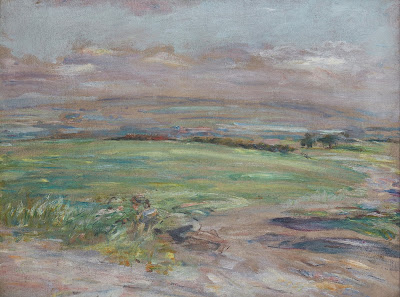Weekly update 11
 |
| The view from atop the coffee bus (is that a thing?) in the patio of the High Line Hotel, Chelsea |
So it does turn
out after all that the angels can answer St Paul’s question, “What do you have
that you did not receive?” with “Our free choice of justice over advantage” (or
vice versa) rather than the “Nothing” that Paul expects. Anselm sees as clearly
as anyone before or since, and much more clearly than most, that if the answer
really is “Nothing”—if absolutely everything belonging to a creature, including
every choice, is received from God—there will be no real responsibility or
agency on the part of any creature. All creaturely choices will be “the work
and gift of God.”
Anselm is here making a radical
break with the Augustinian tradition, which insisted that everything that is
good, including our own good choices, is from God; we can mar the good we
receive, but we cannot bring about any good in ourselves by our own powers.
Anselm says otherwise: good choices are things, and the good angels bring about
those good things. Still, we can rightly say (by way of placating Paul and
Augustine) that God brought about the choice of the good angels, provided that
we understand that to mean that God brought about the angels’ power of choice
and left them free to exercise it. But in a similar way we can rightly say (by
way of exasperating Paul and Augustine) that the good angels gave themselves
justice, provided that we understand that to mean that the good angels had the
power to abandon justice but did not. Our causal language has to be stretched a
bit so as to accommodate both the tradition and Anselm’s radical modification
of that tradition.



Comments
Post a Comment